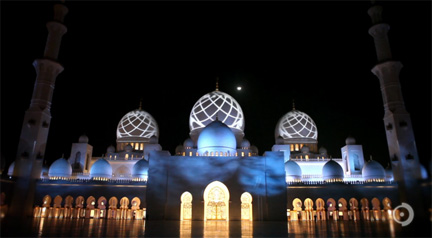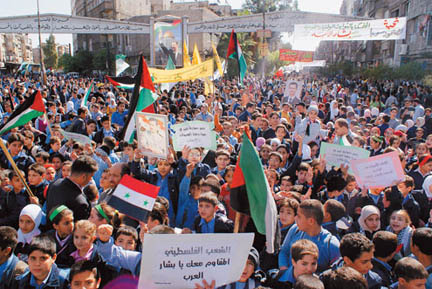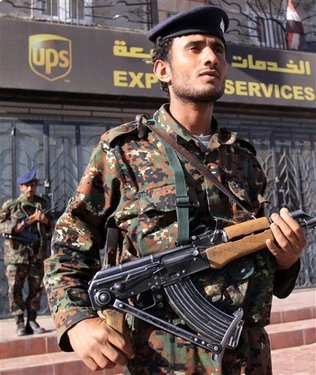
“The Net Worth of the Arab Springâ€â€¨
Call for Papers

CyberOrient: Online Journal of the Virtual Middle East
Editor-in-Chief: Daniel Martin Varisco

Guest Editor: Ines Braune

Submission deadline: 31 May 2012
Aim


As the first anniversary of the “Arab Spring†nears, several long-standing dictators have been toppled, protests still continue in other countries and new governments are being formed. Arguably, throughout this last year digital media have played an important, if not defining, role through Twitter, Facebook, blogs and the extensive news coverage in cyberspace. This is a call for papers across disciplines aiming for critical and evidence-based evaluation of the use of social media in the Arab Spring, the coverage of the Arab Spring in cyberspace and beyond, and the remediation and appropriation between social media and traditional media outlets, including satellite TVs and the press. First-person and ethnographic accounts are welcomed, but CyberOrient welcomes contributions from any field.


About CyberOrient


CyberOrient (http://www.cyberorient.net/) is a peer-reviewed journal published by the Middle East Section of the American Anthropological Association in collaboration with the Faculty of Arts of Charles University in Prague. The aim of the journal is to provide research and theoretical considerations on the representation of Islam and the Middle East, the very areas that used to be styled as an “Orientâ€, in cyberspace, as well as the impact of the internet and new media in Muslim and Middle Eastern contexts. The articles will be published online with free access in early autumn, 2012.

Submission

Articles should be submitted directly to Ines Braune (ines.braune@uni-marburg.de) and Vit Sisler (vsisler@gmail.com).






